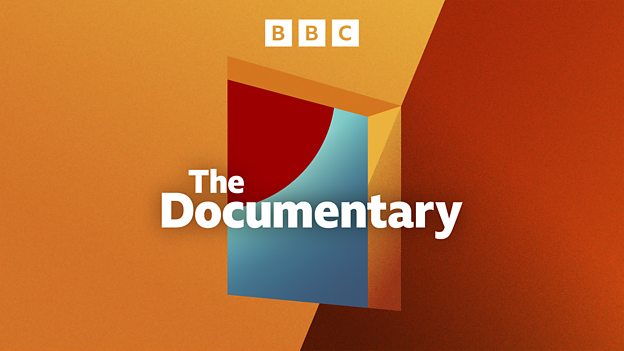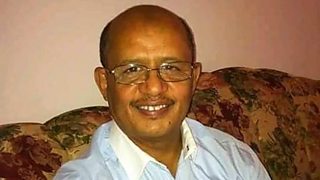
Migrant Medics
Zeinab Badawi looks at doctors from developing countries working in the developed world.
As medical staff – often originating from economically developing countries - struggle to save the life of patients during the coronavirus epidemic in developed countries, Zeinab Badawi asks if their work amounts to exploitation of poorer nations.
More than 17,000 people have died in the UK after testing positive for coronavirus. Among them are frontline medical staff.
Dr Adil El Tayar – a British-Sudanese doctor - became the first working medic to die of coronavirus in the UK. His story is illustrative of the many international medics who even now are battling Covid-19.
Born in Sudan, he graduated from the University of Khartoum in 1982 and moved to the UK in 1996, where he then studied at university, before becoming a hospital consultant at St. George’s Hospital. He was a cousin of �鶹Լ�� journalist Zeinab Badawi, who paid tribute to him in an impassioned dispatch for From Our Own Correspondent where she wrote. “Adel was a stoic and an optimist and was never one to imagine the worst. So he thought he would soon recover. But then he took a turn for the worse and became breathless. He knew what that meant. His children insisted he go to hospital. He did. He was admitted and put on a ventilator. A few days later his daughter told me his medical team informed the family that his lungs had come under attack from coronavirus and that he could not breathe unaided. Soon after the ventilator was switched off. It had taken just twelve days for Adel to go from being a fit and capable doctor working in a busy hospital to himself lying in a hospital morgue.”
For Zeinab, the story – alongside the deaths of other NHS staff – raises wider questions. A vast number of doctors, nurses and others have come to Britain and other Western counties after training in the developing world. Naturally, they want to improve their standards of living and work in more sophisticated medical systems. But is it fair for the rich world to benefit by effectively cherry-picking the brightest and best from poorer countries? Or can the expertise of those medical staff who migrate to wealthier countries benefit their home nations? Some argue that this brain cycle – rather than a brain drain – along with remittances, is actually of benefit to the developing world. Through the stories of individuals, combined with expert analysis, Zeinab unpicks this tricky and intensely personal conundrum.

